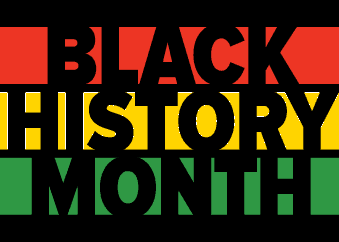Caribbean region still grappling with HIV and AIDS
GREATER GEORGETOWN, Guyana – “After 25 years of grappling with HIV and AIDS, there is yet no cure. Notwithstanding the copious declarations and pronouncements, behaviour modification is slow to take root and stigma and discrimination persist.”
This was starkly put by the Hon. Karl Hood, Minister of Health, Grenada as he addressed the Annual Ministerial Review Meeting (AMRM) of the Economic and Social Council (ECOSOC) recently held in Montego Bay, Jamaica, under the theme: Implementing the internationally agreed goals and commitments in regard to global public health.
The Council brought together ministers, academics, technocrats and senior policy makers in the field of health and development from Governments of Latin America and the Caribbean to discuss issues related to HIV and development and to review progress in the reduction of HIV pandemic and its link with regional public health and development goals.
Minister Hood, who was delivering the feature address at the Ministerial Review, outlined six strategies which he suggested should form part of an accelerated approach to the reduction of HIV and AIDS.
The first two strategies he put forward related to sustaining investments in HIV and improving the effectiveness of those investments through the creation of “partnerships, pooling resources, sharing information on best practices and constant evaluation of processes, through monitoring and evaluation techniques.” According to Minister Hood, the investments that seemed to be effective in the reduction of HIV and AIDS, were those that had been “catalyzed by institutional responses that engage networks at national, regional and international levels.”
The third strategy cited by the Grenada Minister of Health was the introduction of Human Rights and social justice programmes that placed emphasis on universal access to prevention care and treatment and on reduction of stigma and discrimination. In the Minister’s opinion, this strategy, in addition to strengthening public health systems to allow for increased and equitable access to treatment by People Living With AIDS, was a necessary precursor to dealing with the pandemic.
The Minister also suggested that in giving adequate support to People Living With AIDS, it was imperative to put in place programmes and policies that would ensure the availability of legal protection and social support as well as support networks and self help groups. And finally, he called for recommitment to the “three (3) ones” principle.
The “Three Ones” are a set of principles for the coordination of national AIDS responses in order to achieve the most effective and efficient use of resources, and to ensure rapid action and results-based management. In addition to the strategies he outlined, Minister Hood emphasized that both the Health and Education sectors had to play a critical role in the accelerated approach to reducing the spread of HIV and AIDS.
The Annual Ministerial Review (AMR) is a new function of the Economic and Social Council established by Heads of State and Government at the 2005 World Summit. It was mandated as an instrument to track progress and step up efforts towards the realization of the internationally agreed development goals (IADGs), including the Millennium Development Goals, by the 2015 target date.


